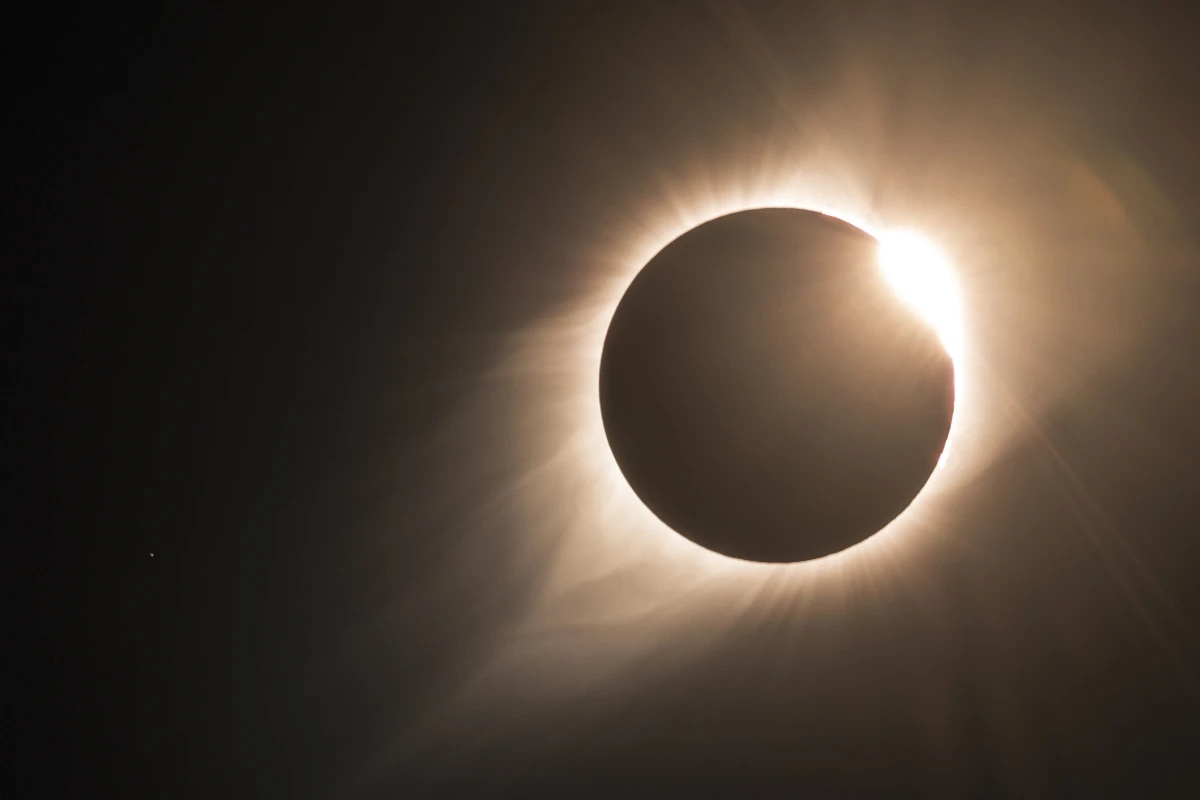
In October 2024, the world will witness a stunning annular solar eclipse. This astronomical phenomenon occurs when the Moon comes between the Earth and the Sun, but due to its distance, it does not completely cover the solar disk.
In addition to the annular solar eclipse, another astronomical phenomenon will occur in October. This is the passage of the comet of the century, which will also occur on October 2; However, in Colombia it would be seen until the 10th of this month.
What is an annular solar eclipse?
An annular solar eclipse occurs when the Moon is at its apogee, that is, at the farthest point from the Earth in its orbit. Because of this distance, the Moon appears smaller in the sky and does not completely cover the Sun. This creates a visual effect where the edge of the Sun remains visible around the Moon, forming a “ring of fire.”
This type of eclipse is less common than total solar eclipses and offers a spectacular view for those in the ring’s path.
Path of the annular solar eclipse
The annular solar eclipse on October 2, 2024 will have a specific path that will determine where it will be visible. According to National Geographic, The eclipse will begin southwest of the Hawaiian Islands and move southeast, passing through southern Chile and Argentina before ending north of the Falkland Islands. In these places, observers will be able to enjoy the ring of fire in its entirety.
Will an annular solar eclipse be seen in Colombia?
Some regions will be able to see a partial solar eclipse, where only part of the Sun will be covered by the Moon. These areas include Bolivia, Paraguay, Uruguay and parts of Antarctica. However, Colombia is not in the path of the eclipse, so it will not be visible from this country.
Why won’t it be seen in Colombia?
The visibility of a solar eclipse depends on the path of the Moon’s shadow on the Earth’s surface.
In the case of the annular solar eclipse of October 2, 2024, the path is mainly in the southern hemisphere, passing through specific regions of South America and the Atlantic Ocean.
Colombia, located further north, is outside this path, meaning residents will not be able to observe the eclipse even partially.
Source: https://www.noticiascaracol.com/mundo/un-eclipse-solar-anular-ocurrira-en-octubre-de-2024-se-vera-en-colombia-so35


